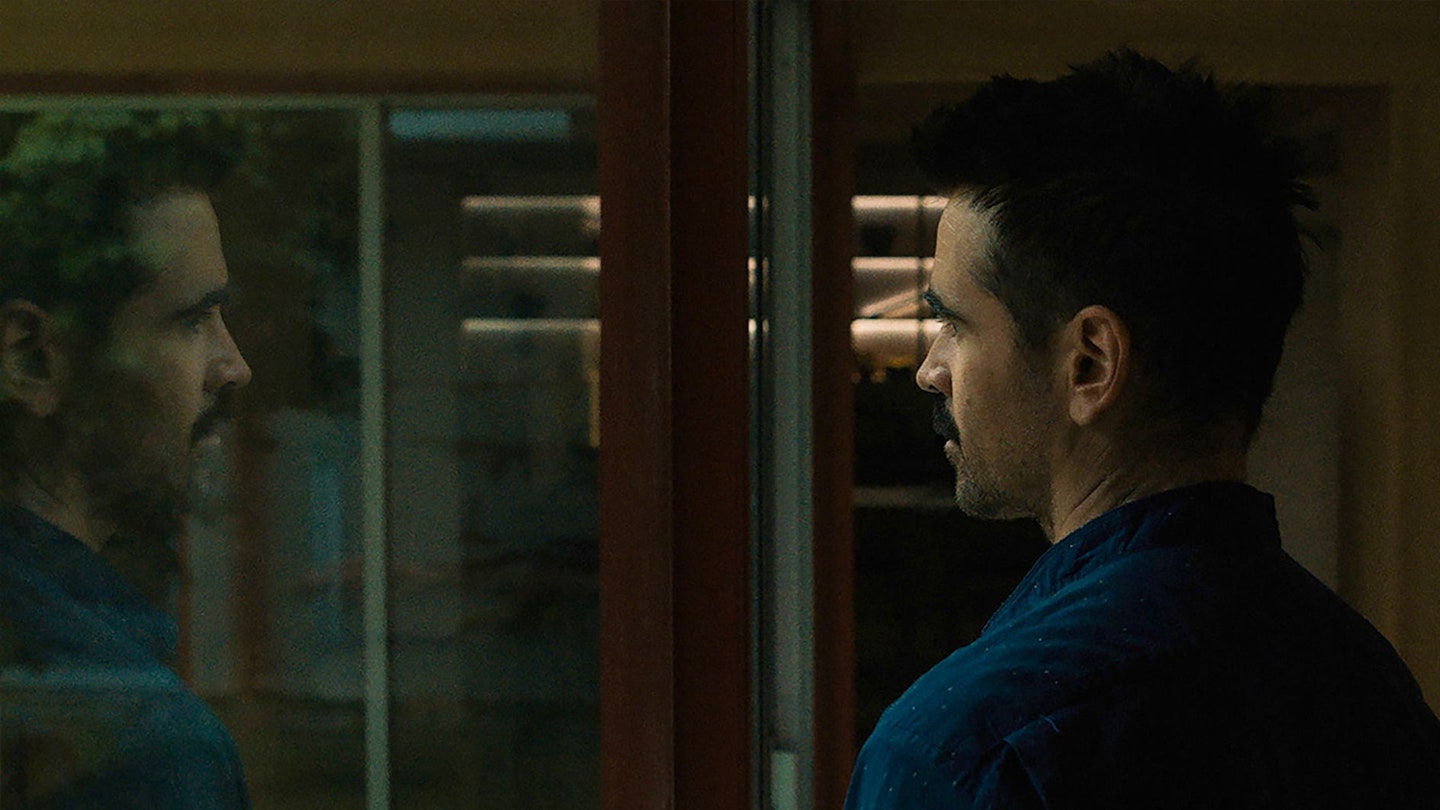The title character of After Yang, a sci-fi meditation as soothingly serene as a meditation app, is referred to as a “technosapien.” But to his owners, Yang (Justin H. Min) is so much more: a tutor, a babysitter, a surrogate sibling, a version of Wikipedia that can tuck you in. No wonder a malfunction in his mainframe creates such emotional confusion. When Yang goes dark, little Mika (Malea Emma Tjandrawidjaja) responds as though her pet were at the animal hospital, even as her father, Jake (Colin Farrell), drags her along on a trip to the futuristic version of a Best Buy.

There’s enough potential dread in that premise to power a season of Black Mirror. But writer-director Kogonada (Columbus) is more curious than pessimistic about how artificial intelligence might rewire our relationships. He uses the investigation into Yang’s history, spurred by the playlist of Vine videos that make up his mind, to raise questions about memory, humanity, and nature versus nurture. Of all the metaphoric functions the robot serves, the most moving is his utility as a walking, talking expression of the adoption experience for those born into one culture and raised in another.
If this is a dystopian vision, it’s a cosmetically appealing one, sometimes using as little as chic architectural design, warm gel lighting, and the reflection of city lights on a windshield to suggest a melting-pot America of tomorrow. (“Ozu by Apple” might best describe the aesthetic.) After Yang can be serene to a fault; only the goofy synchronized dance routine of the opening credits sequence threatens to shake off the melancholic sleepiness. But just as there’s a soul stirring within Yang’s circuitry, the ghost of a full-blown tearjerker gusts through Kogonada’s machine. It’s there most clearly in Farrell’s strategically subdued performance, embedding lines of heartache beneath a sleekly unperturbed interface.

